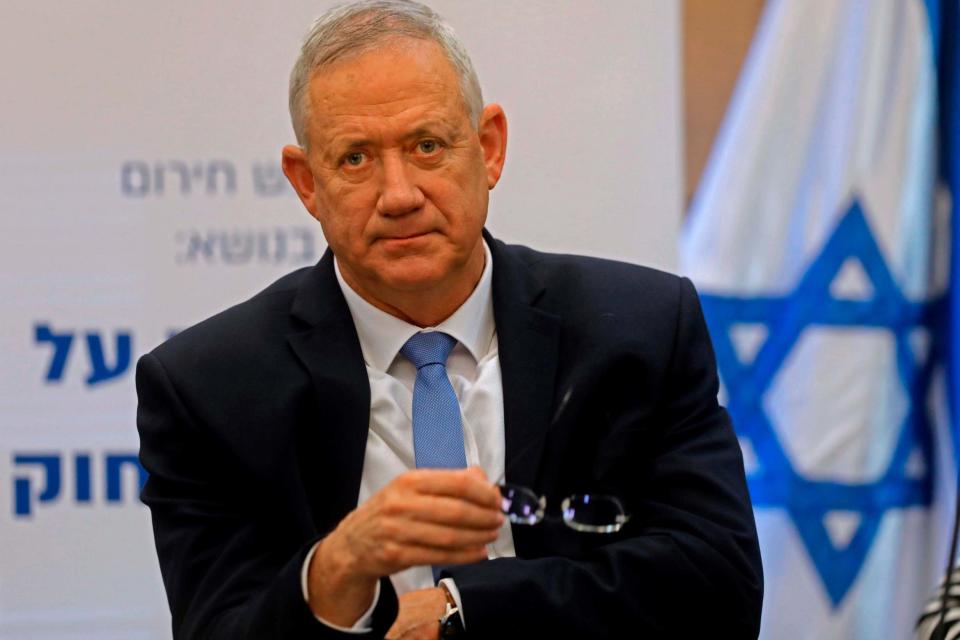Israel faces third election in 12 months after power sharing talks collapse

Israel will hold its third general election in a year after parties failed to form a majority coalition amid months of political deadlock.
The Knesset has voted to dissolve itself and hold fresh elections on March 2 after a midnight deadline was missed for anyone to form a coalition government.
The 22nd parliament since Israel’s foundation 70 years ago was the shortest, and the country now faces a third general election in the space of a year.
The votes for the 120-member parliament on April 9 and September 17 were inconclusive. Again, this was a first in Israel’s history: each previous election had led to some form of government alliance or coalition winning a vote of confidence.

This year the veteran Prime Minister and leader of the conservative Likud bloc Benjamin Netanyahu has been seeking a record fifth term. But he himself has become a major issue in the talks to form a coalition.
Mr Netanyahu faces trial on charges of bribery, fraud, and breach of trust if he leaves office and loses immunity from prosecution.
In the last election, Likud won 32 seats, and the centre-Left opposition Blue White alliance won 33. Neither could win enough support from the smaller parties to achieve a majority.

In a final bid to form a grand coalition with Blue and White, which is led by former army chief Benny Gantz, Mr Netanyahu hinted that he might drop his claim to immunity from prosecution. Previously he had denounced the charges brought forward by the attorney general.
But he appears to be in trouble with his own party. Likud is to hold a primary at its meeting on December 26, at which they could seek a new leader.
The crisis in Israel’s politics goes beyond the personality and future of its longest-serving prime minister.
Mr Gantz tried to form an alliance with at least 10 of the 13-member Joint List, which is made up of Israeli Arabs. On the other hand, Mr Netanyahu’s Likud needed to build a Right-leaning alliance beyond natural allies of the ultra-Orthodox parties.
In the middle, Avigdor Lieberman, who has held foreign, defence and deputy prime minister portfolios and was a former Netanyahu ally, was the self-appointed power broker.
His pro-settler Yisrael Beiteinu — Jewish Home — had eight seats. Mr Lieberman, is both nationalist and secular. He opposes the special privileges of ultra-Orthodox Haredi, especially their exemption from military service.
Beyond that, Israel faces a complex security situation. The declaration by the US Secretary of State that Jewish settlements on the West Bank do not breach international law has fuelled discussion, raised by Mr Netanyahu, that more of the Palestinian territories should be annexed.
This would mean the absorption of more Palestinian Arabs. Continued sporadic rocket attacks from Hezbollah to the north and Islamic Jihad have underlined security worries while there is no elected government.
“There is a national need for a breakthrough,” tweeted former interior minister Gideon Sa’ar. He is expected to stand for the Likud leadership on December 26.
Read more
Israeli Prime Minister Benjamin Netanyahu charged with corruption

 Yahoo News
Yahoo News 